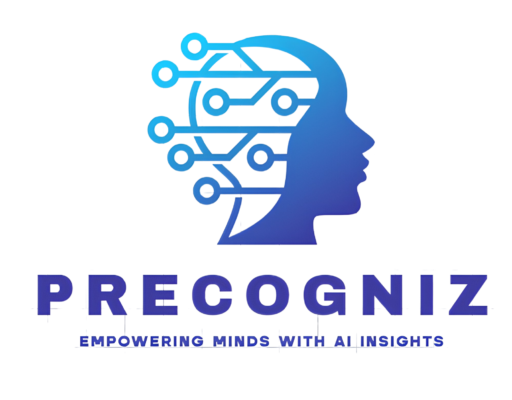-
0 Comments
Artificial Intelligence (AI) is redefining the global travel experience — from how trips are planned to how they’re lived. Once limited to booking engines and chatbots, AI now sits at the heart of every travel stage: personalisation, real-time decision-making, cost optimisation, and even sustainability. The result is smarter, faster, and more seamless journeys — but also new ethical and operational challenges.
🌍 1. Smarter Planning, Tailored Experiences
AI trip planners can now create entire itineraries in seconds. By analysing preferences such as budget, diet, weather, or travel style, they deliver highly personalised travel plans that once took hours of manual research. Tools like generative AI assistants or integrated booking chatbots can even adjust mid-trip when a flight is delayed or a restaurant closes. However, trust remains an issue — travellers still question the accuracy and bias of machine-generated advice.
💸 2. Dynamic Pricing and Operational Efficiency
Airlines and hotels are increasingly relying on AI to predict demand, adjust prices, and manage resources. Dynamic pricing algorithms track factors like seasonality, competitor rates, and flight occupancy to deliver optimal pricing in real time. Meanwhile, automated customer service bots handle queries, re-bookings, and refunds instantly. For companies, AI means reduced costs and greater efficiency; for consumers, better value and convenience. Yet concerns around opaque pricing and data privacy persist.
🧭 3. Real-Time Assistance on the Move
AI is revolutionising travel in real time. From facial-recognition check-ins at airports to predictive flight delay alerts, technology is reducing friction at every step. Language barriers are disappearing thanks to AI-powered translation tools, while adaptive itineraries automatically adjust to travel disruptions. The result is more accessible, stress-free travel — particularly for elderly travellers or those exploring unfamiliar regions.
🌱 4. Driving Sustainable Tourism
Beyond convenience, AI is helping the industry meet sustainability goals. Airlines use AI to optimise routes and reduce fuel use, while hotels deploy smart systems to track food waste and energy consumption. Destination managers leverage predictive analytics to prevent overcrowding and promote lesser-known attractions. This data-driven approach helps cut emissions and improve the traveller experience — though transparency is needed to prevent “greenwashing.”
🇮🇳 5. The Indian Travel Revolution
For Indian travellers, AI brings massive potential. Localised trip planners can design region-specific itineraries, accounting for cultural preferences, language, and transport options. Real-time translation opens up remote destinations, while AI-based crowd and traffic management can transform domestic tourism during peak festivals and holidays. However, India’s digital infrastructure gaps and evolving data-protection laws remain key challenges.
🔮 6. The Future: Agentic and Ethical AI
The next frontier is “agentic AI” — autonomous digital assistants capable of booking, rescheduling, and managing full trips end-to-end. As these systems evolve, the industry must ensure explainable, transparent, and privacy-compliant models. The balance between automation and the human touch will define the future of travel.
✨ Final Thought
AI isn’t just enhancing travel — it’s rewriting it. The technology promises unprecedented convenience, sustainability, and personalisation. But success will depend on keeping human warmth, trust, and ethical responsibility at the centre of this digital transformation.
